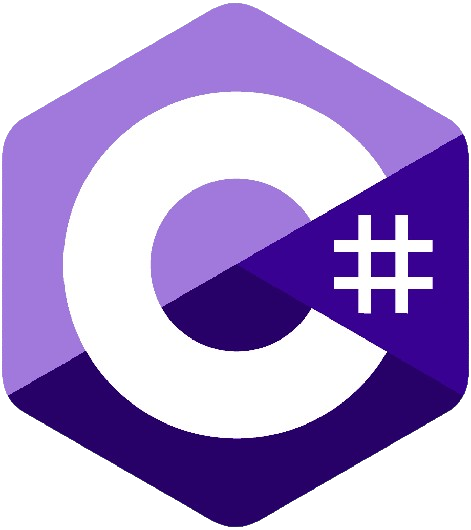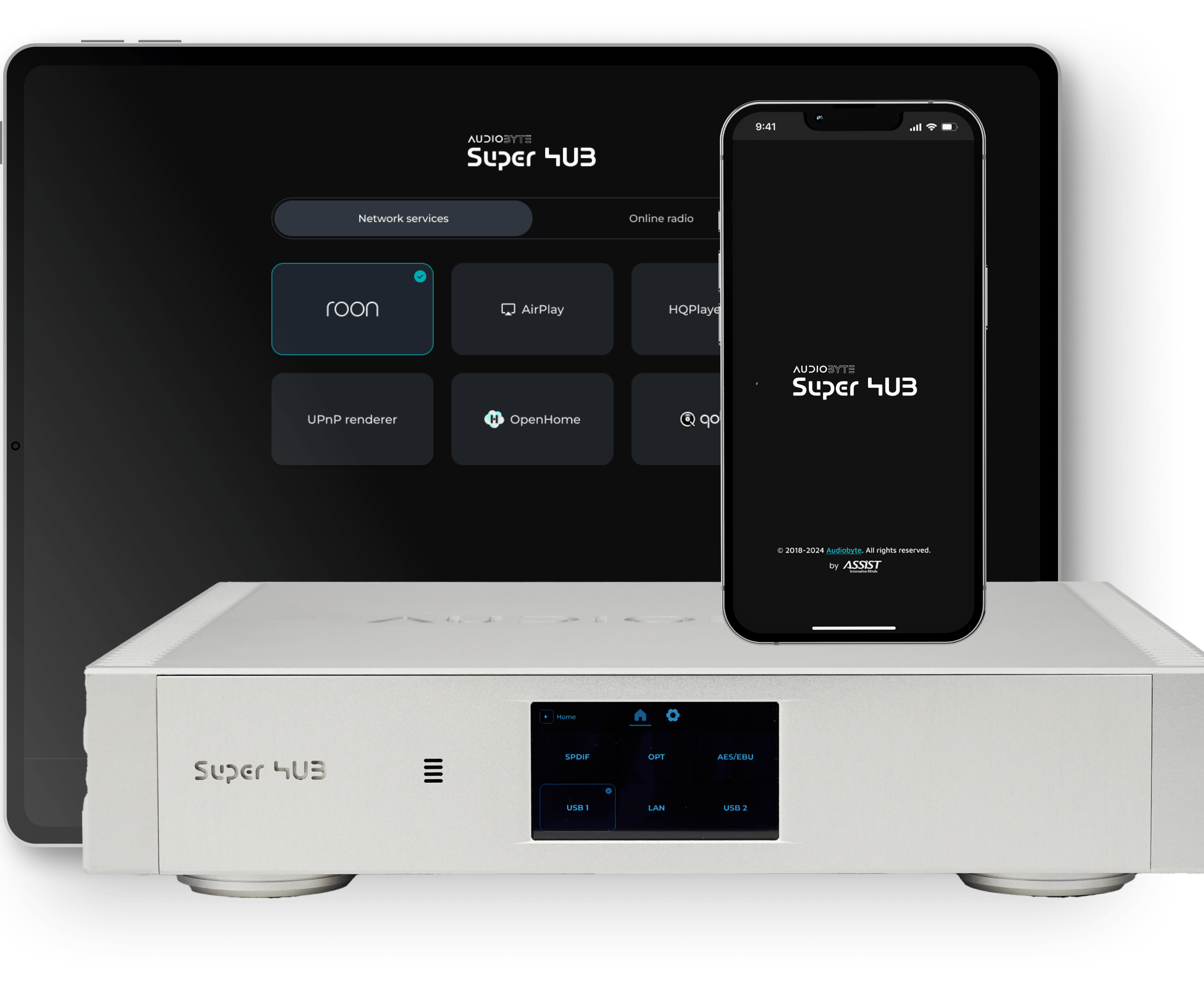
Förderung der Selbstständigkeit von Kindern mit ASD durch virtuelle Therapie

Eigenes Produkt
Autisma Therapy Assistant ist eine innovative virtuelle Therapieplattform, die zur Unterstützung von Kindern mit Autismus-Spektrum-Störungen (ASD) entwickelt wurde. Das von ASSIST Software entwickelte und mit dem CENTRIC-Award ausgezeichnete Projekt integriert KI-gestützte kognitive Entwicklung, Gedächtnistraining und den Aufbau sozialer Kompetenzen, um die Therapie über den klinischen Rahmen hinaus zu erweitern.
Unser Team war für das UX/UI-Design, die Softwarearchitektur und die Entwicklung verantwortlich und hat so ein ansprechendes und effektives Tool für Familien und Therapeuten geschaffen. Durch die Überbrückung der Kluft zwischen Therapiesitzungen und Alltag verändert Autisma Therapy Assistant die Autismus-Intervention mit personalisierter, interaktiver Unterstützung.
Branche
Dienstleistungen
Land
Unternehmensgröße

Fällt es Ihnen schwer, die ASD-Therapie zu Hause fortzusetzen?
Die kontinuierliche Therapie für Kinder mit ASD zu Hause wird durch das Fehlen digitaler Lösungen erschwert, die strukturierte Funktionalität mit personalisierten Erkenntnissen verbinden. Eltern und Therapeuten haben oft Schwierigkeiten, eine strukturierte, konsistente Unterstützung zu gewährleisten, ohne eine einheitliche Methode zur Verfolgung der Fortschritte, zur Personalisierung der Aktivitäten und zur effektiven Zusammenarbeit.
Diese KI-gestützte Plattform bietet ansprechende, faktenbasierte therapeutische Aktivitäten, die auf die individuellen Bedürfnisse jedes Kindes zugeschnitten sind. Mit integrierter Fortschrittsverfolgung, adaptivem Lernen und Tools für die Zusammenarbeit in Echtzeit hilft sie Eltern und Therapeuten, die Therapie über den klinischen Rahmen hinaus auszuweiten und stellt so sicher, dass Kinder die Unterstützung erhalten, die sie brauchen, wann sie sie brauchen.
Leben mit speziell entwickelter Software verändern
Die mobile App von Autisma Therapy Assistant verbessert das Lernpotenzial und fördert die Unabhängigkeit. Mit fünf spezialisierten Modulen geht sie auf die besonderen Bedürfnisse von Menschen mit Autismus und ihren Betreuungspersonen ein und bietet gezielte Unterstützung für ihre Entwicklung.

Benutzerfreundliche therapeutische Instrumente:
Eltern und Therapeuten bleiben mit einem speziellen Leitfaden auf dem Laufenden und behalten die Kontrolle. Der Fortschritt wird mit dem Aktivitätsprotokoll verfolgt. Das Aufgabenbuch bietet personalisiertes Lernen, während alles, was für eine effektive Therapie zu Hause benötigt wird, über die von Experten unterstützten Erkenntnisse im Informationsleitfaden abgerufen werden kann.
KI-gestützte Spiele werden dynamisch an den Lernstil und Fortschritt jedes einzelnen Kindes angepasst. Eltern und Therapeuten können die Spiele auch auf der Grundlage ihrer individuellen Erkenntnisse personalisieren und so eine vollständig individualisierte Erfahrung schaffen, die Selbstständigkeit und Wachstum fördert.
Kinder nehmen an KI-gestützten Spielszenarien teil, die auf ihren Entwicklungsstand zugeschnitten sind. Das Modul fördert die Zusammenarbeit, verbessert die sozialen Kompetenzen und bietet detaillierte Analysen zur Fortschrittsverfolgung, wodurch sinnvolle und effektive Gruppeninteraktionen gewährleistet werden.
Dieses Modul kombiniert videobasiertes Lernen mit interaktivem Gameplay und bietet eine fesselnde, immersive Erfahrung, die zentrale Therapiekonzepte vertieft. Mit drei verschiedenen Modulen: Bibliotheksmodus, Entscheidungsmodus und Minisessionsmodus passt es sich unterschiedlichen Lernbedürfnissen an und verbessert die Beibehaltung und Entwicklung von Fähigkeiten.
Das Basismodul versorgt die Plattform mit Energie und ermöglicht eine reibungslose Kommunikation zwischen interaktiven Komponenten wie dem Server, dem Benutzeroberflächen-Manager und dem Audio-Manager. Außerdem optimiert es die Konto- und Profilverwaltung und sorgt so für eine konsistente Leistung und eine benutzerfreundliche Erfahrung auf der gesamten Plattform.
Plattform-Architektur und Technologie
Die Autisma Therapy Assistant-Plattform besteht aus zwei miteinander verbundenen Komponenten: einer Web-App für Therapeuten und einer mobilen App für Eltern, Betreuer, Lehrer und Kinder im Alter von 0 bis 8 Jahren, bei denen eine Autismus-Spektrum-Störung (ASD) diagnostiziert wurde. Die Web-App wurde mit React und Ruby entwickelt und ermöglicht Therapeuten die einfache Verwaltung und Übertragung von Therapiedaten an die mobile Anwendung, wodurch eine nahtlose Koordination zwischen Familien und Fachleuten gewährleistet wird.
Die mobile Anwendung wurde mit Unity und C# entwickelt, um eine benutzerfreundliche und interaktive Erfahrung zu bieten. Als führende plattformübergreifende Spiel-Engine lässt sich Unity mit verschiedenen Tools und Diensten integrieren, darunter Datenanalyse und automatisierte Tests. Diese Technologien ermöglichen Echtzeit-Updates, schaffen adaptive Lernpfade und sichere Datenaustausche zwischen Therapeuten und Familien, wodurch ein effektiver und bequemer Therapieprozess gewährleistet wird.


Gemeinsam innovative Autismus-Therapien erarbeiten
Autisma ist das Ergebnis einer strategischen Partnerschaft zwischen ASSIST Software, Forschern der Ștefan cel Mare Universität Suceava und erfahrenen Therapeuten für angewandte Verhaltensanalyse (ABA). Durch die Bündelung der Stärken von Technologie, akademischer Forschung und Therapiepraktiken wurde Autisma entwickelt, um den besonderen Bedürfnissen von Kindern mit Autismus-Spektrum-Störungen (ASD) gerecht zu werden und ihre Betreuer zu unterstützen. Diese interdisziplinäre Zusammenarbeit stellt sicher, dass die Plattform personalisierte, praktische Lösungen zur Verbesserung des Lebens von Kindern mit Autismus bietet.
Die Grundlage für die Lösung bilden strenge Forschungsarbeiten der Ștefan cel Mare Universität. Sie basiert auf den neuesten wissenschaftlichen Erkenntnissen, wodurch ihre Wirksamkeit und die Übereinstimmung mit den aktuellen Autismus-Therapiepraktiken gewährleistet sind. Diese Zusammenarbeit fördert auch die kontinuierliche Forschung und erhöht die Wirkung und Relevanz der Plattform.
Verstärktes Unterstützungssystem
Die Einführung von Autisma hat zu erheblichen Verbesserungen hinsichtlich der Wirksamkeit der Therapie und der allgemeinen Benutzererfahrung für Kinder mit Autismus und ihre Betreuer geführt.
Eltern berichten von einem deutlichen Anstieg ihres Selbstvertrauens, die Therapie zu Hause zu bewältigen und zu unterstützen, wodurch sie für ihre Kinder Konsistenz und Kontinuität gewährleisten können.
Therapeuten haben messbare Fortschritte beobachtet, darunter Verbesserungen des Gedächtnisses, der Selbstständigkeit und der sozialen Kompetenzen, was die direkte Wirkung der Plattform demonstriert.
Die Integration der Erkenntnisse von Eltern, Therapeuten und Koordinatoren hat die Zusammenarbeit gestärkt und ermöglicht effizientere Therapiesitzungen.

Beschleunigung des Fortschritts in der Autismus-Therapie
Autisma wurde entwickelt, um Therapieergebnisse zu verbessern und das Leben von Menschen mit Autismus nachhaltig zu beeinflussen. Mit seinen benutzerfreundlichen Funktionen und seinem intuitiven Design erleichtert es die Zusammenarbeit zwischen Kindern, Eltern und Therapeuten und sorgt so für effektivere Therapiesitzungen.
Video-Präsentation ansehen
Vom Produktdesign bis zur Entwicklung und Fertigstellung. Wir garantieren außerordentliche Produkte.
Skalierbare, sichere und optimierte Lösungen für den Erfolg Ihres Unternehmens.
Für Geschäftsanfragen:
hello@assist.ro
Unsere Adresse:
ASSIST Software GmbH, Am Technologiezentrum 5, 86159, Augsburg, Germany
Häufig gestellte Fragen
1. Können Sie KI in ein bestehendes Softwareprodukt integrieren?
Selbstverständlich. Unser Team kann Ihr aktuelles System bewerten und Ihnen empfehlen, wie KI-Funktionen, wie Automatisierung, Empfehlungsmaschinen oder Predictive Analytics, effektiv integriert werden können. Ob es um die Verbesserung der Benutzererfahrung oder die Optimierung von Abläufen geht, wir sorgen dafür, dass KI dort eingesetzt wird, wo sie einen echten Mehrwert bietet, ohne Ihre Kernfunktionen zu beeinträchtigen.
2. Welche Arten von KI-Projekten hat ASSIST Software bereits umgesetzt?
Wir haben KI-Lösungen für verschiedene Branchen entwickelt – von der Verarbeitung natürlicher Sprache in Kundensupport-Plattformen bis hin zu Computer Vision in der Fertigung und Landwirtschaft. Unsere Expertise umfasst Empfehlungssysteme, intelligente Automatisierung, Predictive Analytics und maßgeschneiderte Machine-Learning-Modelle, die auf spezifische Geschäftsanforderungen zugeschnitten sind.
3. Wie sieht der Entwicklungsprozess von ASSIST Software aus?
Der von uns eingesetzte Software Development Life Cycle (SDLC) definiert die folgenden Phasen für ein Softwareprojekt. Unsere SDLC-Phasen umfassen Planung, Anforderungserfassung, Produktdesign, Entwicklung, Tests, Bereitstellung und Wartung.
4. Welche Softwareentwicklungsmethodik verwendet ASSIST Software?
ASSIST Software nutzt in erster Linie agile Prinzipien für Flexibilität und Anpassungsfähigkeit. Das bedeutet, dass wir Projekte in kleinere, überschaubare Sprints unterteilen, was ein kontinuierliches Feedback und Iteration während des gesamten Entwicklungszyklus ermöglicht. Wir integrieren auch Elemente aus anderen Methoden, um die Effizienz bei Bedarf zu steigern. Zum Beispiel verwenden wir Scrum für Projektrollen und Zusammenarbeit und Kanban-Boards, um Arbeitsabläufe zu sehen und Aufgaben zu verwalten. Gemäß dem Wasserfall-Ansatz legen wir in der Anfangsphase Wert auf eine genaue Planung und Dokumentation.
5. Ich erwäge eine benutzerdefinierte Anwendung. Sollte ich mich auf eine Desktop-, Mobil- oder Web-App konzentrieren?
Wir bieten Software-Beratungsdienste an, um die Art der Software zu bestimmen, die Sie auf der Grundlage Ihrer spezifischen Anforderungen benötigen. Bitte erkunden Sie, welche Art der App-Entwicklung zu Ihrem maßgeschneiderten Produkt passt.
- Eine Webanwendung wird in einem Webbrowser ausgeführt und ist von jedem Gerät mit Internetverbindung aus zugänglich. (z.B. Online-Shop, Social-Media-Plattform)
- Entwickler mobiler Apps entwerfen Anwendungen hauptsächlich für Smartphones und Tablets, z. B. Spiele und Produktivitätstools. Sie können jedoch auf andere Geräte, wie z. B. Smartwatches, ausgeweitet werden.
- Desktop-Anwendungen werden direkt auf einem Computer installiert (z. B. Bildbearbeitungssoftware, Textverarbeitungsprogramme).
- Unternehmenssoftware verwaltet komplexe Geschäftsfunktionen innerhalb eines Unternehmens (z. B. Customer Relationship Management (CRM), Enterprise Resource Planning (ERP)).
6. Mein Softwareprodukt ist komplex. Sind Sie mit der Scaled Agile Methodik vertraut?
Wir sind seit 30 Jahren in der Software-Engineering-Branche tätig. In dieser Zeit haben wir an maßgeschneiderter Software gearbeitet, die kreatives Denken, Innovation und maßgeschneiderte Lösungen erforderte.
Scaled Agile bezieht sich auf Frameworks und Praktiken, die großen Unternehmen bei der Einführung agiler Methoden helfen. Traditionelles Agile ist für kleine, selbstorganisierende Teams konzipiert. Scaled Agile adressiert die Herausforderungen bei der Implementierung von Agile in mehreren Teams, die an komplexen Projekten arbeiten.
SAFe bietet einen strukturierten Ansatz für die Abstimmung von Teams, die Koordination der Arbeit und die Bereitstellung von Mehrwert in großem Maßstab. Es konzentriert sich auf Zusammenarbeit, Kommunikation und kontinuierliche Bereitstellung für optimale kundenspezifische Softwareentwicklungsdienste.
7. Wie wähle ich das beste Collaboration-Modell mit ASSIST Software aus?
Wir bieten flexible Modelle an. Denken Sie über Ihr Projekt nach und finden Sie heraus, welche Modelle für Sie geeignet sind.
- Engagiertes Team: Ideal für komplexe, langfristige Projekte, die eine hohe Kontinuität und Zusammenarbeit erfordern.
- Team Augmentation: Perfekt für kurzfristige Projekte oder bestehende Teams, die zusätzliches Fachwissen benötigen.
- Projektbasiertes Modell: Am besten für klar definierte Projekte mit klaren Ergebnissen und einem festen Budget.
Kontaktieren Sie uns, um die Vor- und Nachteile der einzelnen Modelle zu besprechen.












